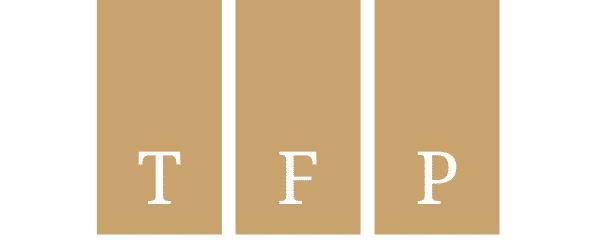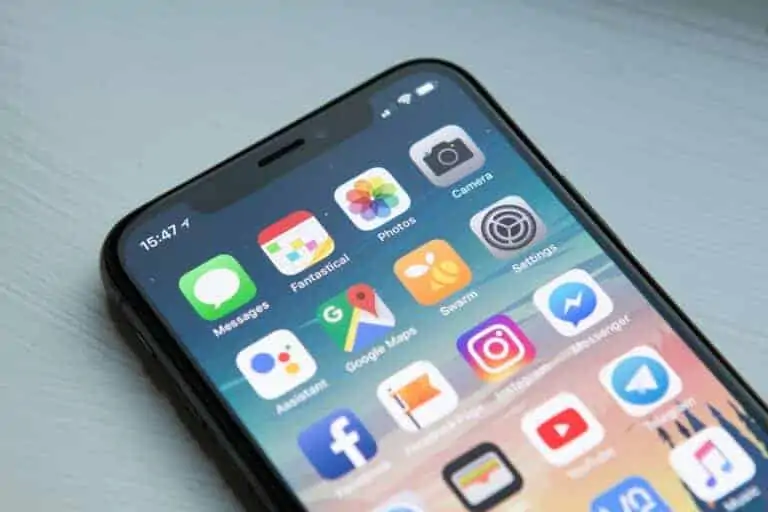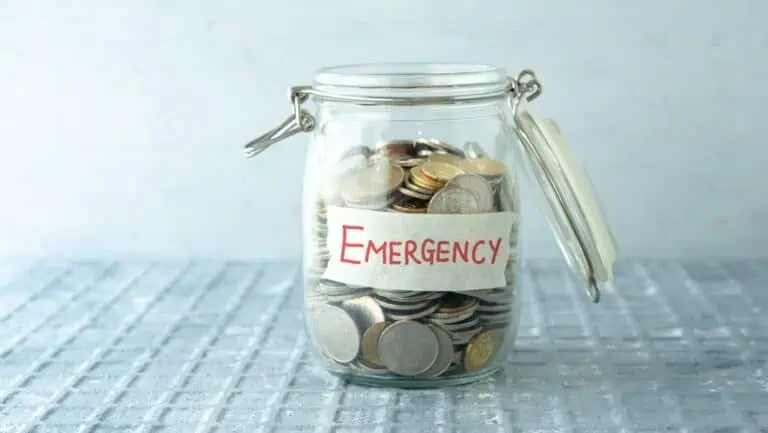31 Things to Do With a Windfall
By: Kylie Ora Lobell
Original found at SoFi and has been republished with permission
You just came into a cash windfall. You’re happy about this, but you aren’t exactly sure about what to do with it. Should you spend it? Save it? Invest it?
Depending on the amount of money you now have and your financial situation, the answers are going to differ. Here are some things you can do with a financial windfall to ensure that you are handling it in the smartest way possible.
What to Do With $500
Let’s say the amount of money you received was $500. While it isn’t a ton of money, it still is significant enough that you should figure out what to do with it. Here are a few ideas.
1. Investing in Real Estate
Did you know that you can become a real estate investor with just $500? The real estate crowdfunding platform DiversyFund allows you to invest in real estate investment trusts (REITs) with a minimum of $500. Although there is risk involved in real estate investing and it might tie up your money before you see a return, this might be a good way to get your feet wet when it comes to real estate.
2. Meeting With a Financial Advisor
Hiring a financial advisor to help you learn how to plan for your financial future might be a good use of this money. Financial advisor charges vary: Some might charge hourly while others are commission-based. SoFi members receive complimentary consultations with a credentialed financial planner.
3. Buying a New Wardrobe
You could refresh your wardrobe with a little extra money. Wearing the right clothes—high-quality suits, skirts, or whatever other business outfits you need—could make you feel more comfortable and give you the confidence to go after your professional goals.
4. Traveling Somewhere Cheap
You may be able to find cheap plane tickets and accommodations when airlines and hotels are running sales. Or, you could always take a road trip somewhere locally for only $500. Since you’re on a tight budget, you may want to put all your projected costs in a spreadsheet before taking off.
5. Investing in a Certificate of Deposit
Another thing you can do with a $500 financial windfall is put it into a certificate of deposit, which is a savings account with a fixed interest rate as well as the maturity date. It’s a low-risk way to invest your money.
6. Getting Your Car Fixed
Have you been putting off car repairs because they’re too expensive? Now that you have $500, it might be time to put it towards your vehicle so it’s less likely to break down when you’re on the road.
7. Buying Renter’s Insurance
If you’re a renter, your personal property is not covered under your landlord’s homeowners insurance policy. Your renter’s insurance policy, typically costing less than $500 per year, will cover the cost of your belongings should anything happen, as well as offer liability coverage if anyone gets injured on your property.
8. Purchasing a Life Insurance Policy
Life insurance is designed to protect your family in the event that you pass away. The average cost of a life insurance policy is $26/month, so you could pay for the whole year upfront with just $500. Typically, life insurance rates increase as you age and your risk of dying increases. So it’s likely to be less expensive to purchase life insurance while you’re young, rather than waiting until you feel like you can afford it.
9. Taking a Professional Development Class
While private colleges and universities may be pricier, you may be able to find a class online or at your local community college for less than $500. Finding something that is relevant to your career may even help you move up the ladder at your job.
What to Do With $1,000
Did you receive a $1,000 financial windfall? Here are some tips on what to do with it.
10. Getting Started on Your Emergency Fund
Ideally, your emergency fund will be as robust as possible and include several months’ worth of expenses just in case you lose your job or otherwise face some financial hardships. However, if you don’t have anything saved up, then putting $1,000 into it is a great start. You will have a safety net at the very least.
11. Hiring an Estate Planning Lawyer
Another important thing you could do with a $1,000 cash windfall is meet with an estate planning lawyer to write your will, establish a trust, and determine your power of attorney. You may feel some peace knowing your family will be protected and your assets will go where you wish to distribute them.
12. Opening a 529 Plan
A 529 plan is a way to save for your child’s college education. With $1,000, you can get a nice head start on college savings and gain interest on your money at the same time. Plus, the money will be tax-deferred.
13. Doing Home Improvements
With $1,000, you could do some significant home improvements like replacing your curtains, put down a new kitchen floor, paint different rooms, or spruce up your backyard. If you do the work yourself, you may be able to stretch your financial windfall money even further.
14. Donating It
If there’s a nonprofit you always donate to, you could make a big difference by giving $1,000 to it. You could also write it off on your taxes if it’s a qualifying organization.
15. Opening a High-Yield Savings Account
A typical savings account tends to have low-interest rates. But a high-yield savings account could earn up to 25 times the interest of a regular savings account. Putting the $1,000 in your account and then setting up automatic transfers from your checking into your new savings account will help it continue to grow.
16. Opening an IRA
If you don’t have anything saved up for retirement and you suddenly get a $1,000 financial windfall, then it might be time to open up an IRA. It’s wise to speak with a financial advisor about the best type of account for your situation.
17. Investing in Your Side Hustle
To make money on your $1,000 financial windfall, you could start or invest in your side hustle. For instance, perhaps you’re a freelance graphic designer on the side but you need to buy Adobe Photoshop to be able to do more detailed work. Or maybe you need to purchase a domain name and hire a developer to create a business website. With this initial investment, you may be able to bring in much more money and improve your finances.
What to Do With $5,000
You just got a cash windfall of $5,000. Now what? Here are some ideas.
18. Saving Up for a Down Payment
In some instances, you could make a down payment on a home for only 3% to 5%. For instance, if you purchase a $100,000 home and you only need to put 5% down, you could use your financial windfall money as your $5,000 down payment.
19. Paying Off Credit Card Debt
The average American family has $6,270 worth of credit card debt. Even if you have more than that much debt, $5,000 could make a big difference.
20. Investing Via Robo-Advisors
Do you want to invest your $5,000 cash windfall, but you don’t know where to start? Robo-advisors create a diversified investment portfolio based on your investment goals and the level of risk you’re willing to take.
21. Investing in Blue-Chip Stocks
If you’re willing to take some risk with investments, then blue-chip stocks could be good investments for you. These stocks are from well-established and financially stable companies that typically pay dividends to investors.
22. Investing in International Bonds
Bonds typically have a solid history of returns, although slightly lower than that of stocks. However, since US interest rates are low, it may be a good idea to look into international bonds for a better return rate. These can carry higher risk because of currency exchange rates, however, so it’s wise to choose carefully, based on the country where the bond is held. Having both stocks and bonds in a portfolio is a good way to achieve diversification in a balanced portfolio.
23. Taking a Luxurious Vacation
With $5,000, you and your family could potentially vacation in a luxury resort. By looking for all-inclusive experiences, you could do much more with your money. Check out sites like Costco Travel and Booking.com for deals.
What to Do With $10,000
If you received a cash windfall of $10,000, here are some things you could do with it.
24. Opening a Money Market Account
With $10,000 could enable you to invest in a money market account, which typically earns a higher interest rate than a regular savings account.
25. Paying Off Student Loan Debt
The average student loan debt is $37,500. If you have a $10,000 financial windfall, you could put a nice dent in your student loan payments.
26. Trying Peer-to-Peer Lending
You could lend your financial windfall money to someone who is looking for a loan and have the opportunity to earn a much higher interest rate than you might receive on other types of investments.
27. Making Mortgage Payments
You could make a large principal-only payment toward your mortgage loan with a $10,000 cash windfall. Using an amortization calculator on the remaining balance of a fixed-rate loan will show you how much sooner you could pay off the loan.
28. Going to College
While $10,000 won’t cover a bachelor’s degree unless you also get grants or scholarships, you may be able to earn your associate’s degree at your local community college with your financial windfall money. This may also cover several classes at a university that could lead to career advancement.
29. Starting Your Business
Let’s say you want to do more than start a side hustle, and you’re ready to open a small business. With $10,000, you can get the ball rolling on your business without the need to borrow money. It could be a good idea to talk to a successful business owner in your industry who has the experience and can give you some guidance on how best to allocate your money.
30. Putting it in Your 401(k)
If you have a 401(k) through your employer, you could put your $10,000 into it. If your employer matches your contributions, the money could go even further.
31. Moving to a Different Home
Moving can be expensive, and a $10,000 financial windfall could be useful when it comes to covering moving costs. A move may make sense if you can find a place that’s more convenient to your work, restaurants, and entertainment you enjoy gives you and your family more space or offers additional amenities.
The Takeaway
Receiving a financial windfall of any amount is probably best handled with careful thought. Spending it recklessly may just lead to regret. Sometimes, the best thing to do is to set it aside while you make a decision about how best to spend it.
Earning interest on the money during a considerable period can be a good thing, too. The SoFi Money® cash management account earns competitive interest rates without charging account fees.Find out how SoFi Money can help you grow your financial windfall until you decide how to spend it.
SoFi Money®
SoFi Money is a cash management account, which is a brokerage product, offered by SoFi Securities LLC, member FINRA / SIPC . Neither SoFi nor its affiliates is a bank. SoFi Money Debit Card issued by The Bancorp Bank. SoFi has partnered with Allpoint to provide consumers with ATM access at any of the 55,000+ ATMs within the Allpoint network. Consumers will not be charged a fee when using an in-network ATM, however, third party fees incurred when using out-of-network ATMs are not subject to reimbursement. SoFi’s ATM policies are subject to change at our discretion at any time.
The SoFi Money® Annual Percentage Yield as of 03/15/2020 is 0.20% (0.20% interest rate). Interest rates are variable subject to change at our discretion, at any time. No minimum balance required. SoFi doesn’t charge any ATM fees and will reimburse ATM fees charged by other institutions when a SoFi Money™ Mastercard® Debit Card is used at any ATM displaying the Mastercard®, Plus®, or NYCE® logo. SoFi reserves the right to limit or revoke ATM reimbursements at any time without notice.
Tax Information: This article provides general background information only and is not intended to serve as legal or tax advice or as a substitute for legal counsel. You should consult your own attorney and/or tax advisor if you have a question requiring legal or tax advice.
Investment Risk: Diversification can help reduce some investment risk. It cannot guarantee profit, or fully protect in a down market.
Third Party Brand Mentions: No brands or products mentioned are affiliated with SoFi, nor do they endorse or sponsor this article. Third party trademarks referenced herein are property of their respective owners.
External Websites: The information and analysis provided through hyperlinks to third party websites, while believed to be accurate, cannot be guaranteed by SoFi. Links are provided for informational purposes and should not be viewed as an endorsement.
SOMN0621057





